Animals held a pivotal role in ancient Greek mythology, often symbolizing power, grace, and the divine. Many mythical stories incorporate animals, attributing divine or mystical characteristics to them. While creatures like serpents, horses, and eagles feature prominently, the role of cats is less celebrated but equally intriguing.
Cats in the Ancient World
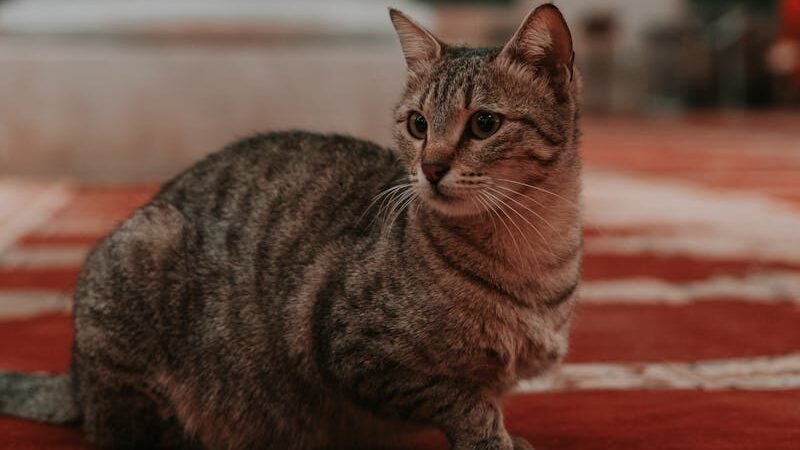
Photo by Faheem Ahamad via Pexels
Cats were revered in various ancient cultures, particularly in Egypt, where they were associated with deities and regarded as protectors of households. In contrast, the mention of cats in Greek mythology is sparse, suggesting they were less prominent but not without significance.
Symbolism of Cats in Mythology
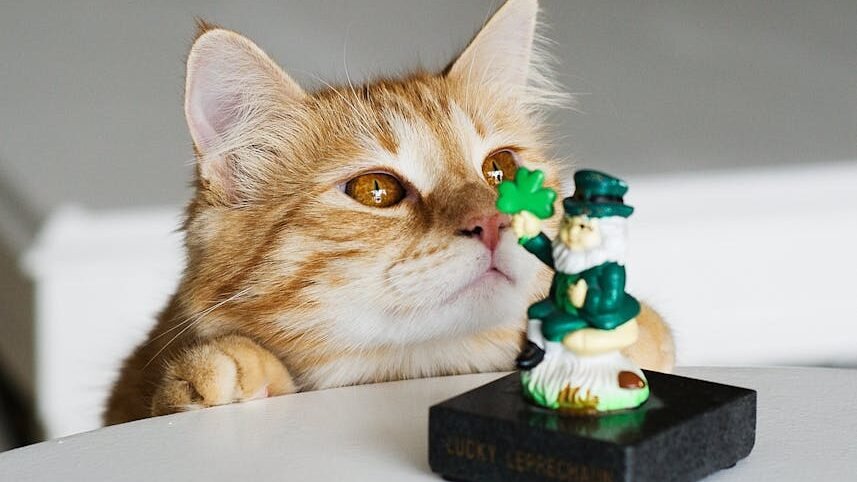
In mythology, cats often symbolize independence, mystery, and agility. These characteristics can be seen reflected in various narratives, albeit indirectly, through other similar creatures. The Greeks may not have idolized cats like the Egyptians, but they appreciated their qualities.
Greek Goddesses and Feline Traits
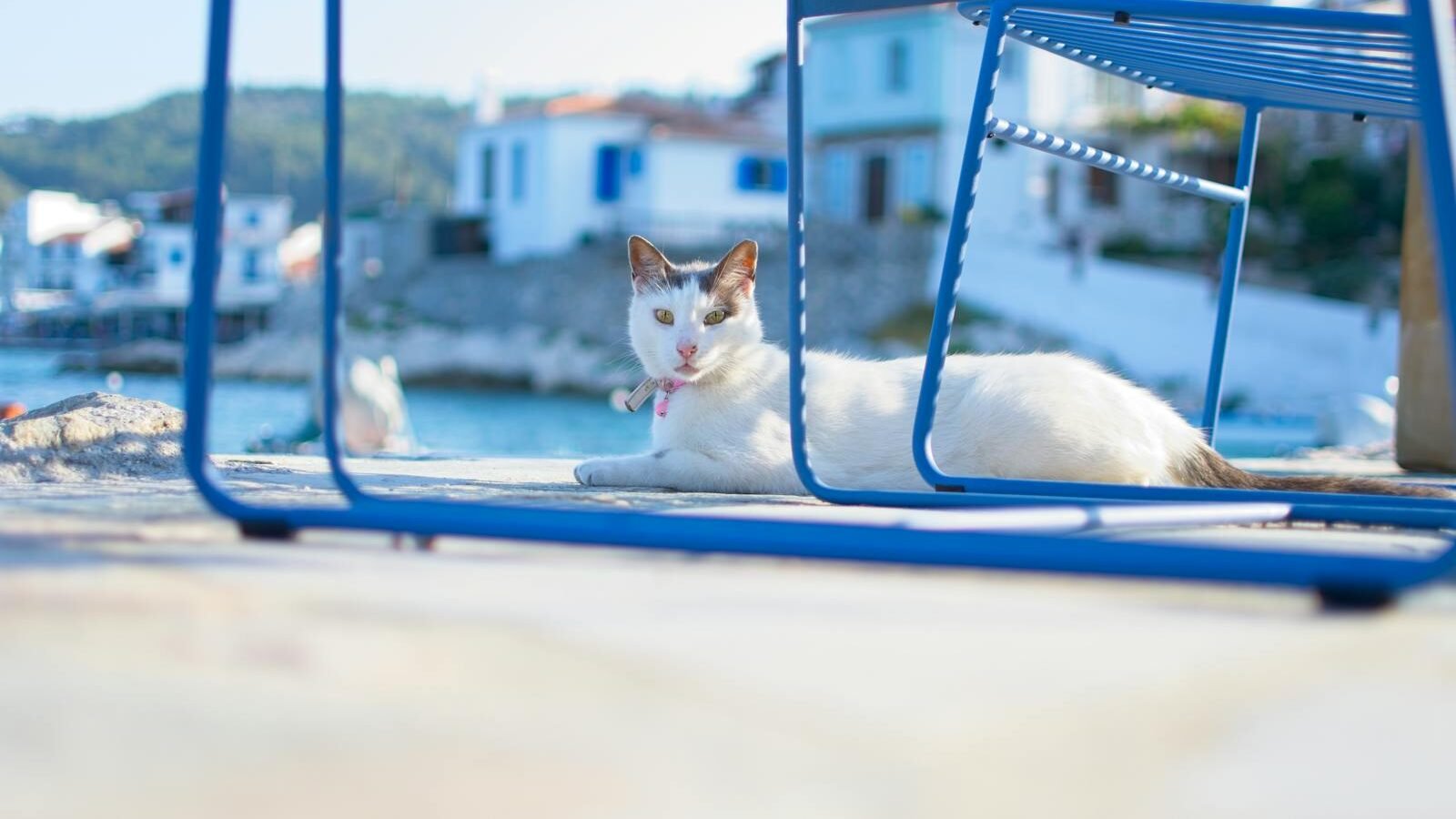
Although direct references to cats are scant in Greek mythology, several goddesses embody feline traits. Artemis, the goddess of the hunt and wilderness, exemplifies independence and agility, akin to a cat stalking its prey. Hecate, a goddess associated with magic and the night, embodies the mystery and enigmatic nature of cats.
Felines in Greek Literature

While not prolific, there are subtle mentions of cats in Greek literature. Aesop’s fables occasionally included references to felines, leveraging their traits to convey moral lessons. These tales often highlighted the cunning and strategic nature of cats, showcasing their cleverness in various situations.
Comparative Mythological Analysis
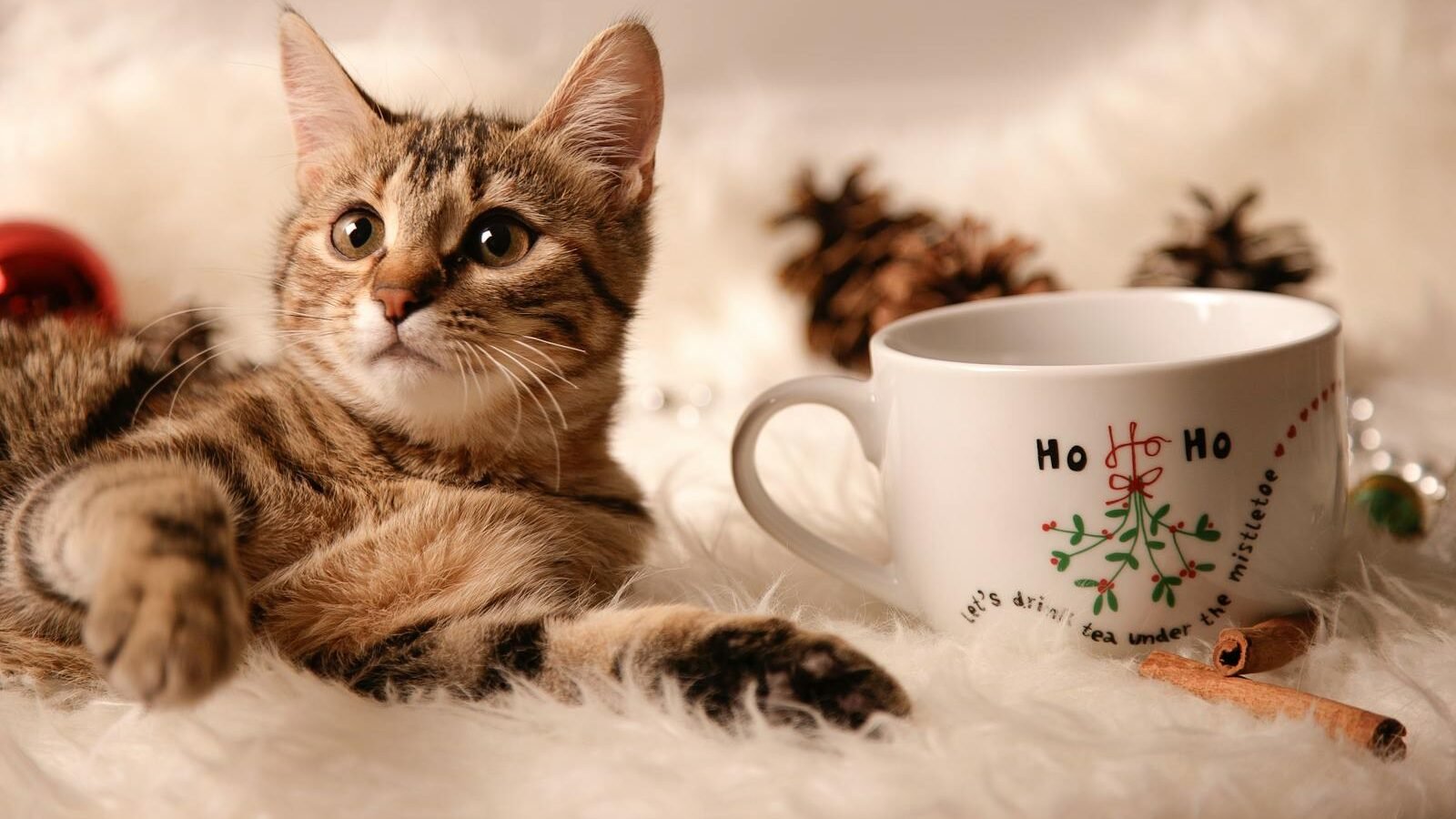
Comparing Greek mythology to that of the Egyptians and Romans reveals interesting insights. The Greeks shared a broad pantheon of deities and mythical interpretations, yet the specific role that cats play is an area where they diverge. Unlike the Egyptian Bastet, a cat goddess, Greece embraced animal symbolism more abstractly.
Interpretation of Archaeological Evidence
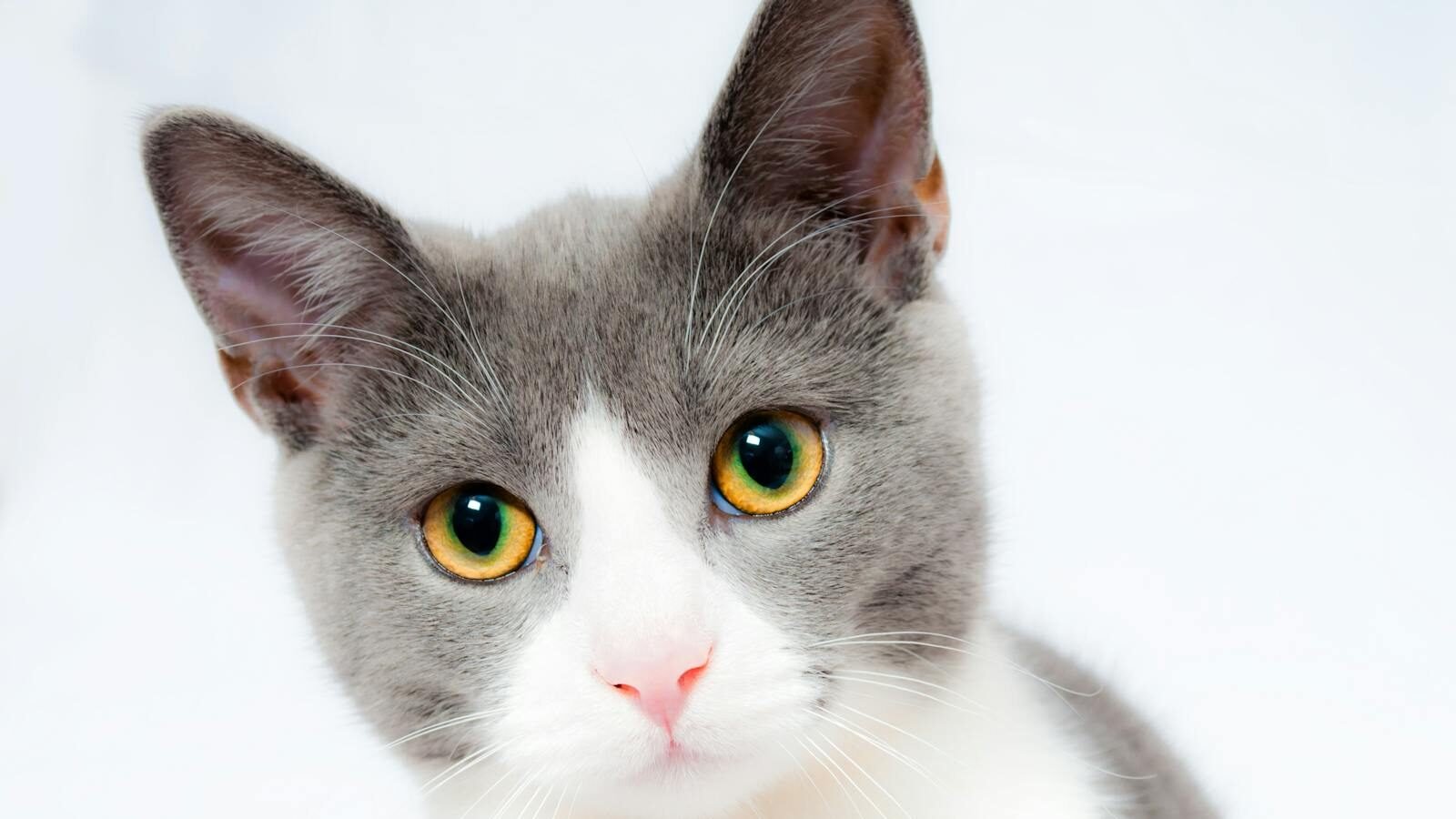
Archaeological evidence shows the presence of cats in ancient Greece, primarily as domestic companions. Artifacts such as pottery and murals occasionally depict cats, suggesting an appreciation for these creatures, even if they weren’t central to religious or mythological themes.
Modern Reinterpretations and Influence
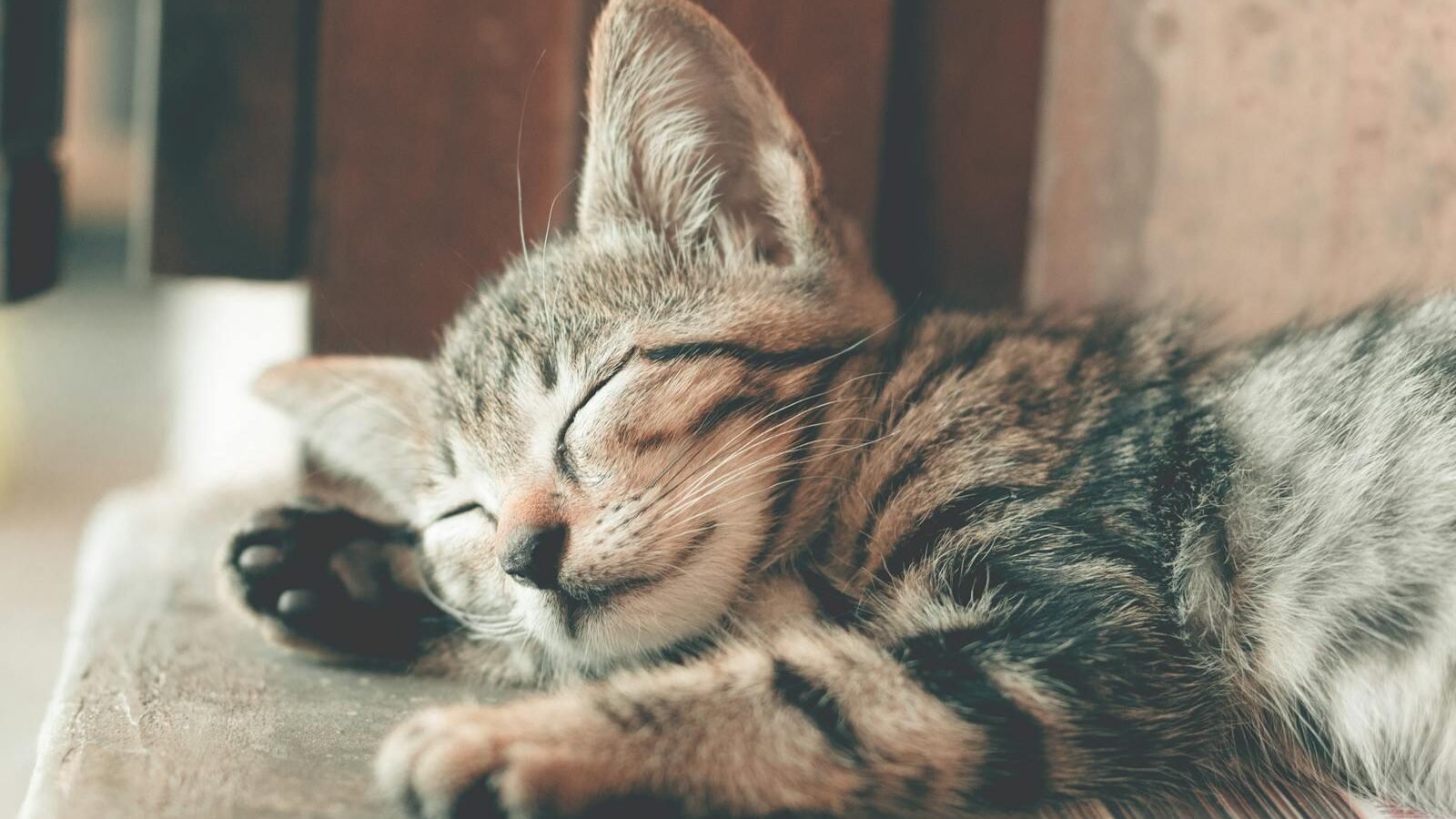
Today’s interpretations of ancient myths sometimes showcase cats more prominently, influenced by their widespread modern-day popularity. Contemporary retellings of Greek myths occasionally incorporate cats to highlight traits such as cunning and independence, enriching the narratives for modern audiences.
The Cat’s Journey Through Ancient Greek Influence

The journey of cats through ancient Greek influence is marked by subdued acknowledgment rather than overt worship. Their presence in myths and artifacts reveals an appreciation for their distinctive qualities without assigning a central mythological role.
Conclusion: A Subtle but Significant Place
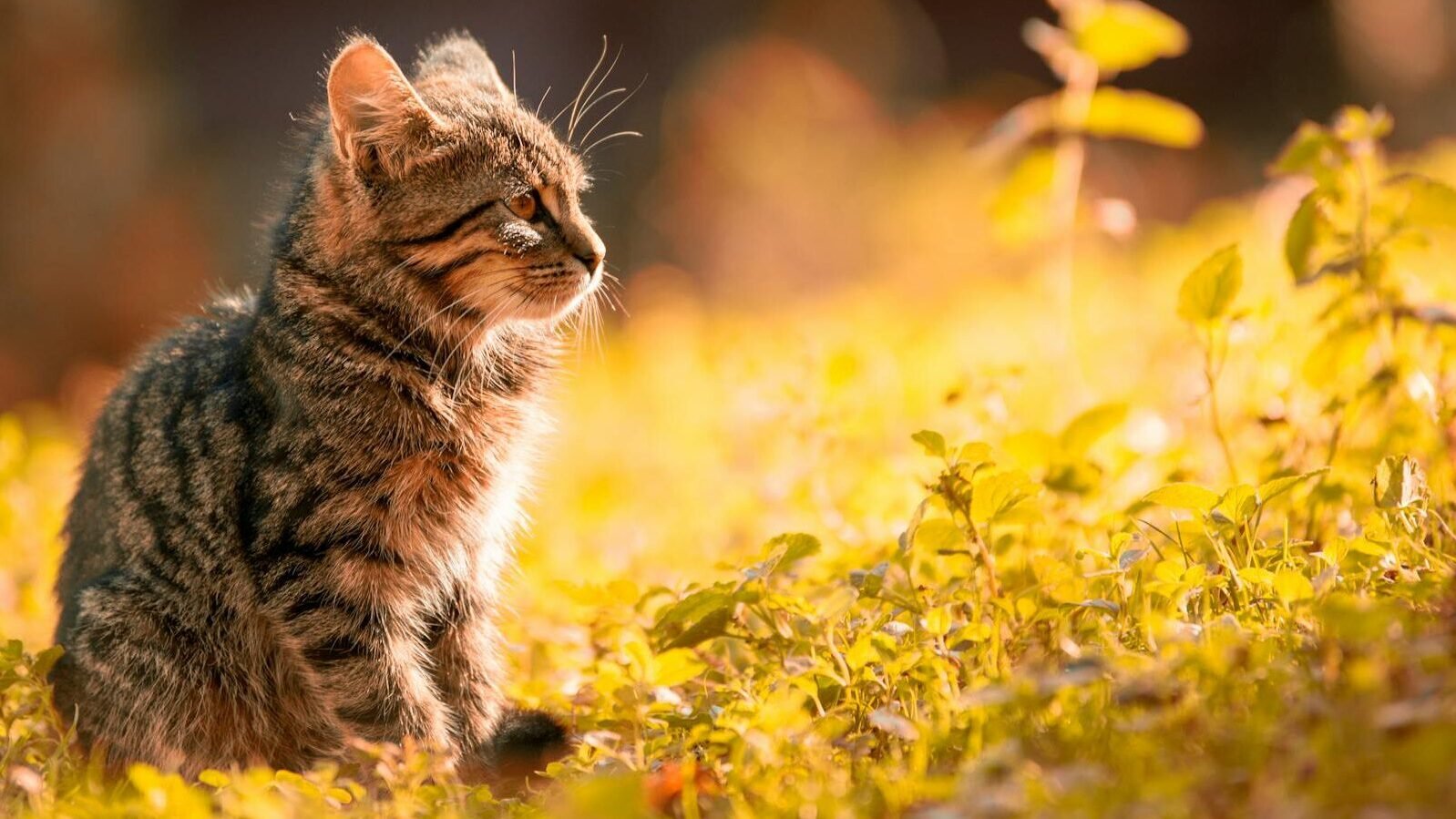
In conclusion, while cats occupy a more understated position in ancient Greek mythology compared to other cultures, their symbolic presence cannot be ignored. Through indirect associations with deities and their depiction in literature and art, cats hold a subtle yet intriguing place in Greek mythological narratives. This exploration underscores the broader role of animals in Greek mythology and highlights the nuanced appreciation of feline characteristics during ancient times.

With over a decade of experience as a dedicated cat lover and enthusiast, I specialize in writing captivating content about all things feline. My expertise shines through in creating engaging and informative pieces that resonate with fellow cat lovers. As a proud cat parent to my beloved Duston, my personal connection to the world of cats adds authenticity and warmth to my work, making it relatable and heartfelt.





